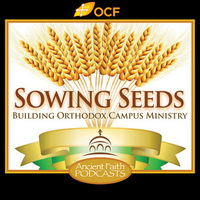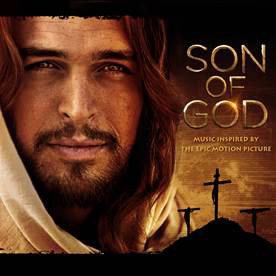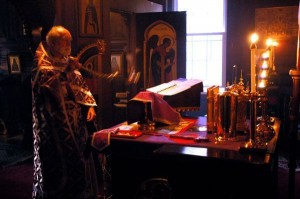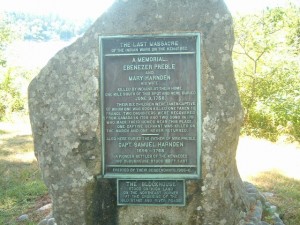OCF Executive Director Jennifer Nahas gives a tribute to His Eminence Metropolitan Philip of thrice blessed memory.
Listen here on Ancient Faith Radio
Orthodox Christian Fellowship — its Board of Directors, staff, and thousands of college students past and present — honors the passing of one of the greatest spiritual leaders of our generation. A theologian, scholar, and administrator, His Eminence, Metropolitan PHILIP has left an imprint on thousands of Orthodox youth in North America. OCF is eternally grateful for his unwavering commitment to young people and his unceasing efforts for Orthodox unity.
While born and educated in Lebanon, Metropolitan PHILIP attended seminary and public-university here in the United States. In Detroit, he earned his degree at Wayne State University and became known for living his Orthodox vocation by engaging in many humanitarian, spiritual, and cultural efforts. Being a college student must have had an enormous impact on him, as he keenly understood the benefits of harnessing the collective talents of the Orthodox youth. What came from this belief was the creation of an unparalleled infrastructure for youth development, with young people doing “real work” for the Church, experiencing Christ through prayer and worship and subsequently, forming life-lasting relationships. OCF is indebted to him for providing countless opportunities — Teen SOYO, Antiochian Village, and Special Olympics, just to name a few — for high school students to develop their heart, mind, and spirit. He also had the forethought of knowing the Church could not abandon her children just as they embarked on the most challenging transition of their lives – going off to college.
In 1987, Metropolitan PHILIP launched the Department of Campus Ministry, with the goal of keeping students connected to the Church while in college. He not only supported the work of the Department, but actively engaged college students. In 1989, in California, His Eminence was the first keynote speaker for a group of students who threw together a conference to learn and grow in the Faith. This was the birth of College Conference. Now in its 25th year, hundreds of college students come together between Christmas and New Years, for fellowship, education, and worship. In 1993, the Metropolitan reached out to his other jurisdiction counterparts to bring campus ministry to a bigger scale. After roughly a three-decade hiatus, and thanks to his advocacy and willingness to share resources, OCF was reconstituted. His Eminence’s ongoing contributions have sustained campus ministry for decades. His interest in developing innovative programs – like Real Break, the Orthodox Church’s alternative Spring break – was unprecedented as he would hand these programs over to OCF. This evidences his vision for how the Orthodox Church would come together in North America.
Metropolitan PHILIP’s wisdom, spiritual depth, and strength of character allowed him to see beyond the moment and look to what was best for his flock. His conciliatory and unifying approach, first evidenced when he unified the Antoichian Orthodox faithful in North America in 1975, continued through the decades. His leadership in SCOBA and in the Assembly of Bishops, centered on ways of bringing greater cohesion to Orthodoxy in North America. But when Metropolitan PHILIP embraced more than 2,000 Evangelical Christians into the Orthodox Church in 1987, OCF soared to new heights. Thanks to Metropolitan PHILIP, OCF received one of its greatest treasures, Fr. Peter Guilquist, who inspired more OCF chapters, more converts, and more excitement about our ancient Faith.
Metropolitan PHILIP will be remembered as a unifying leader who loved the young people of the Orthodox faith and held in both hands the importance of intellectual discernment and spiritual commitment. These important lessons continue to permeate OCF today. Our theme for the year takes on greater meaning, as Metropolitan PHILIP is now seated among the angels.
Behold now, what is so good or so pleasant as for brothers to dwell together in unity?” Psalm 132:1
May his memory be eternal!
Jennifer Nahas, OCF Executive Director





